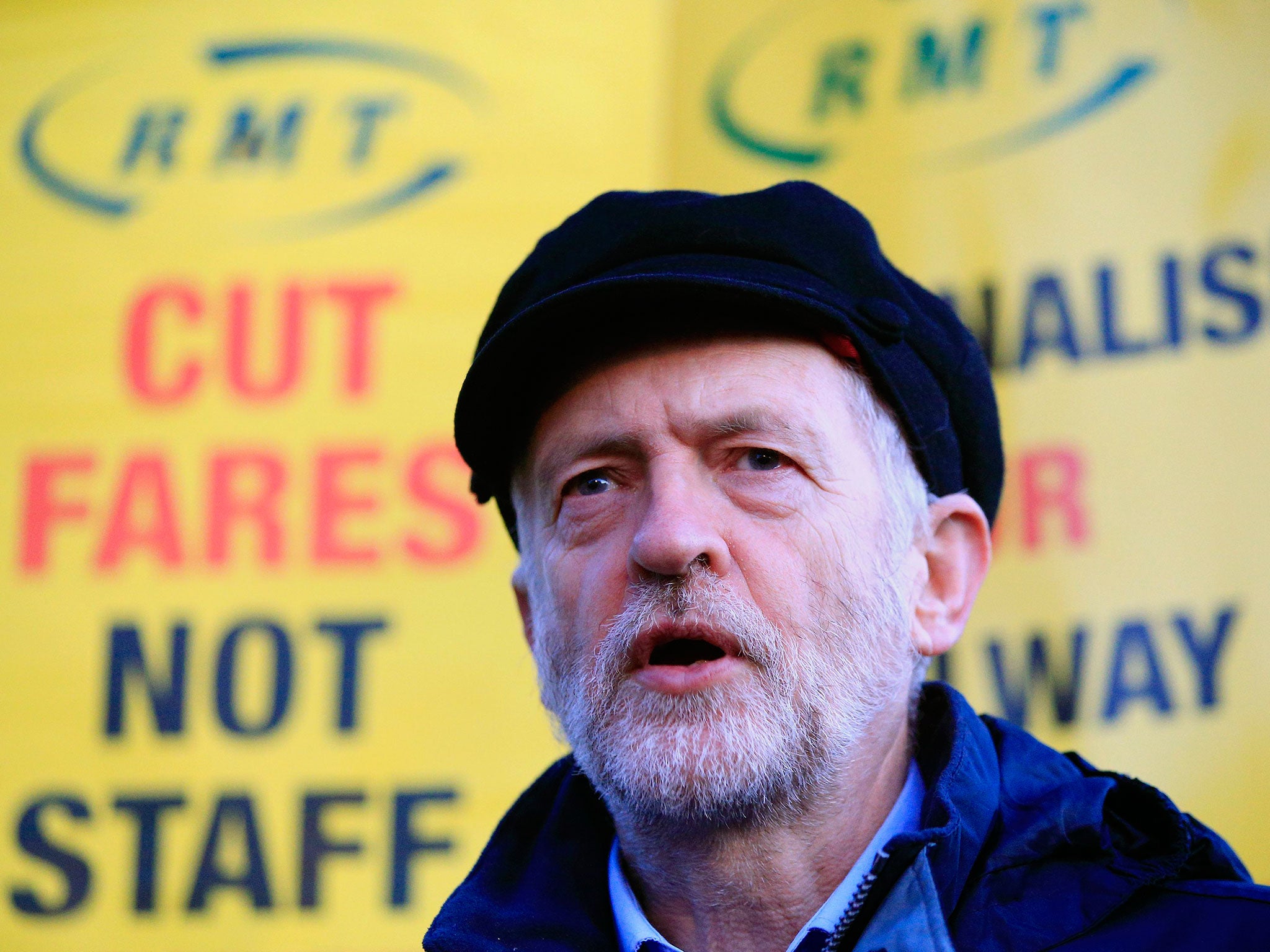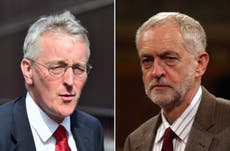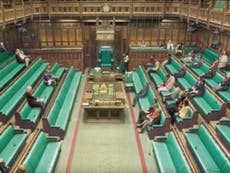Shadow cabinet reshuffles are commonplace - so why, when Corbyn does it, is it suddenly called "war"?
In order to act as a truly effective opposition to the Conservatives, Labour must unite at a cabinet level. Those who disagree should be consigned to the backbenches - as Corbyn was himself when he disagreed with party line

The so-called "revenge reshuffle" has been trending on Twitter today amid news that Labour's Shadow Culture Secretary - and notorious Jeremy Corbyn rebel - Michael Dugher has been sacked by Jeremy Corbyn. This should not come as a surprise to the MP for Barnsley East, who predicted his own downfall in a recent op-ed for The New Statesman.
Dugher is presumably just the first to fall in what is being branded as Corbyn going to "war" to gain "revenge" for his cabinet defying him on several key issues, most notably on the recent vote on whether to support the dropping of bombs in Syria.
Nine cabinet ministers in total defied the Labour leader over the Syria vote - most notably Hilary Benn, who launched a "tour de force" speech in support of the war in the Commons. Benn, the Shadow Foreign Secretary, reportedly held talks with Corbyn on Monday evening and could be removed from his post.
The rumours around the reshuffle have continued an anti-Corbyn trend in the mainstream press, exacerbated by the poor handling of the affair by individual Labour politicians, such as Dugher, who unhelpfully "spoke out in defence" of his colleagues in the New Statesman.
The very wording of the "revenge shuffle" is a case in point. Reshuffles within the cabinet and shadow cabinet are actually commonplace. David Cameron reshuffled once the Conservative Party won a majority in the May General Election while also opting to reshuffle his cabinet several times during the coalition era. This is nothing new.
As for the "revenge" aspect, Tony Blair famously removed Robin Cook from the position of Foreign Secretary in 2001, two years prior to the invasion of Iraq, over foreign policy disagreements. The reason of course was to have someone in the cabinet who was in agreement with Blair on foreign policy. Unsurprisingly (whether rightly or wrongly), Blair wanted his cabinet to be singing from the same hymn sheet.
Yet since Corbyn was given a significant mandate to become the new Labour leader back in September the party has been embroiled in internal power struggles. Labour has been riddled with dissenters in both the front and the back benches.
This usefully played perfectly into the Conservative Party's hands because rather than the press focusing on the impact of austerity and George Osborne's failure to improve the economic situation for the UK since becoming Chancellor in 2010, they are concentrating on the House of Cards-esque internal politics of the Labour Party.
As a result, if Corbyn were to clear house in the current reshuffle, it could only be viewed as a positive thing. The back benches are always going to be filled with dissenters - something that won't be unfamiliar to Corbyn.
What the Party needs though is a coherent message coming from the Labour Leader and the Shadow Cabinet, rather than mixed signals being sent out, such as the Shadow Foreign Secretary defying the leader on Syria. That isn't helpful.
In order to act as a truly effective opposition to the Conservatives, Labour must unite at a cabinet level. Those who disagree should be consigned to the backbenches, which is where Chuka Umunna gracefully retreated to after Corbyn's victory.
While Corbyn may lack popularity amongst many New Labour MPs, nobody within the Party can deny that he has a mandate to govern. Let us not forget that Corbyn won an overwhelming, record breaking victory in the Labour Leadership election. It's time for Corbyn to get tough and to attempt to unite the Party so that they can oppose the Conservatives.
The Tories are not popular right now: they're privatising rampantly, they're cutting services and they're being allowed to get away with it because all the attention is set on the internal wranglings of Labour.
Hopefully after Corbyn's "war" on his dissenters, Labour will outline a new, anti-austerity vision for the British people. This isn't war, and this isn't revenge. This is just pragmatism.
Amit Singh is the co-editor and co-founder of Consented



Join our commenting forum
Join thought-provoking conversations, follow other Independent readers and see their replies